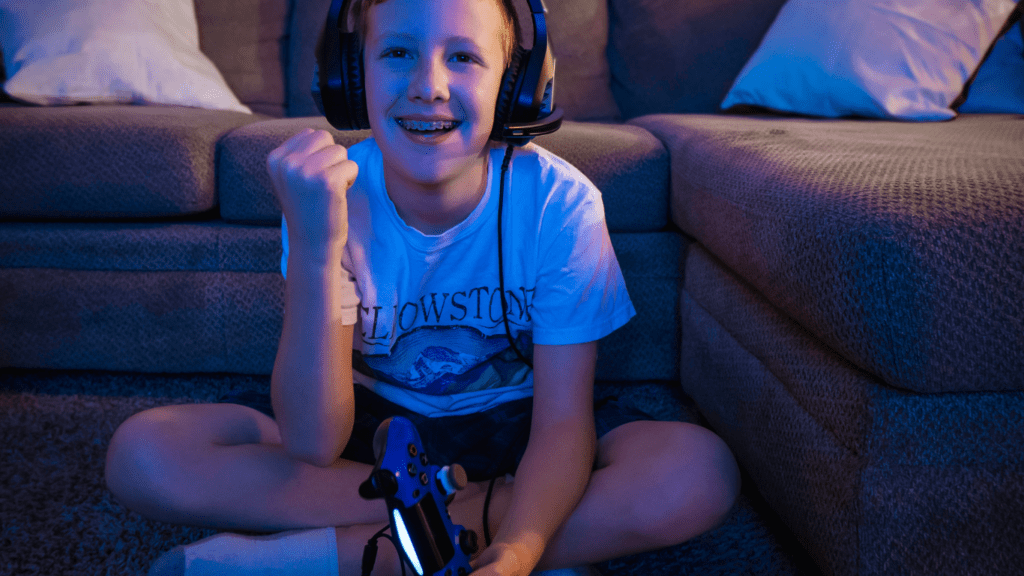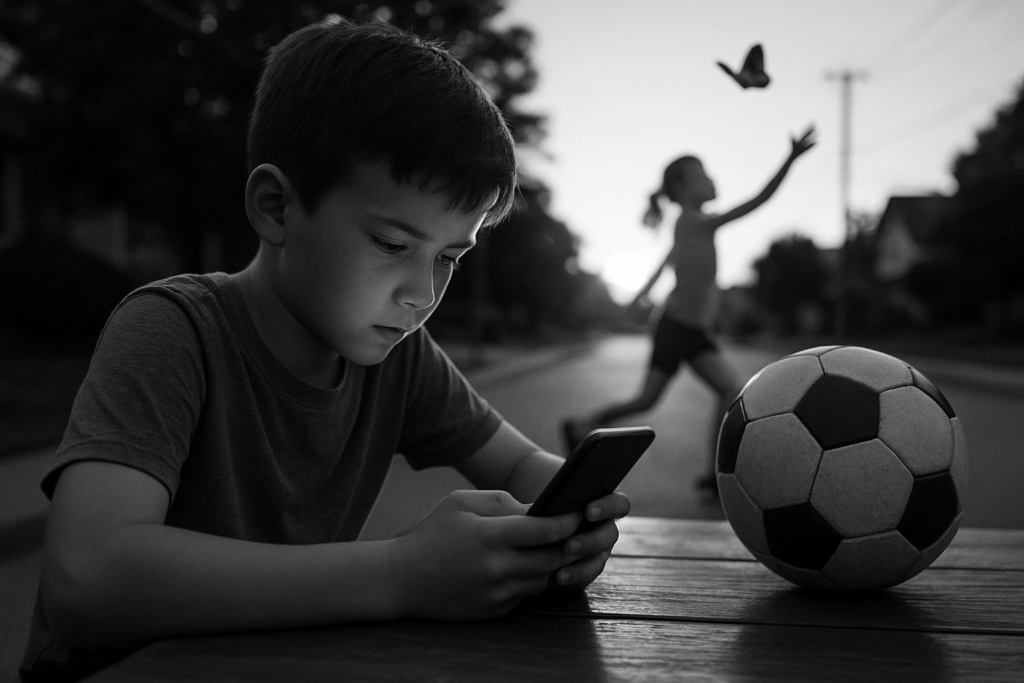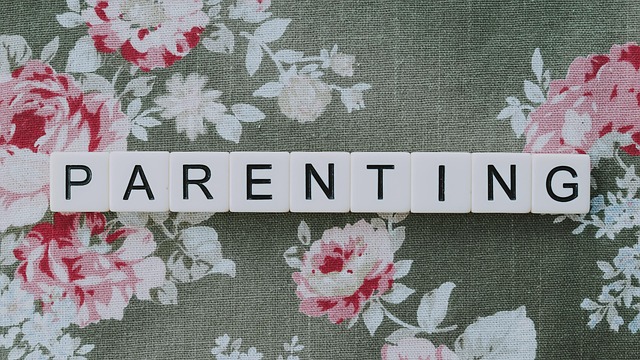Understanding Positive Gaming
Positive gaming enhances a child’s life through beneficial experiences and skill development.
What Is Positive Gaming?
Positive gaming integrates balanced playtime and educational game choices to encourage growth. Games with educational themes, cooperative play, or problem-solving aspects can turn screen time into a constructive activity.
Examples include puzzle-based games like “Portal” or strategy games like “Minecraft Education Edition.” In positive gaming, parents ensure that selected video games support learning and entertainment.
The Role of Video Games in Child Development
Video games contribute to various developmental areas. They can improve cognitive skills by presenting complex challenges that strengthen problem-solving capabilities.
Social skills benefit through multiplayer games that require communication and teamwork. An example is “Among Us,” which fosters cooperation and strategy among players.
Games also offer emotional benefits, providing a safe environment to manage stress and frustration. In families, discussions around gaming experiences can enhance interpersonal relationships and understanding.
Benefits of Video Gaming for Kids

Video gaming offers numerous benefits for kids. Properly managed, it becomes a tool for development and growth.
Cognitive Skills Enhancement
Video games enhance cognitive skills. Fast-paced action games, such as “Call of Duty,” improve hand-eye coordination by requiring quick reactions.
Puzzles and strategic games, like “Portal” and “Civilization,” demand critical thinking and problem-solving. Educational games reinforce learning through engaging content that supports memory retention.
A 2013 study published in Nature showed that playing action video games can improve visual attention span and spatial skills.
Social Skills Development
Gaming also develops social skills. Multiplayer games, such as “Fortnite” and “Among Us,” require teamwork and communication.
Kids learn to cooperate, negotiate, and resolve conflicts within a virtual environment. These interactions teach valuable lessons in empathy and understanding.
PLOS ONE published research in 2014 indicating that cooperative games can reduce aggression and increase pro-social behavior. By playing these games, children build meaningful relationships and enhance their social adaptability.
Guidelines for Healthy Gaming
Parents can transform video gaming into a positive, enriching activity for kids. Here are key strategies to ensure healthy gaming habits.
Setting Time Limits
Establishing time limits helps children balance gaming with other activities. Schedule specific gaming hours, such as one hour after homework or two hours on weekends.
Consistent routines create structure, making it easier for kids to adhere to limits. Encourage frequent breaks to prevent eye strain and promote physical activity.
Choosing the Right Games
- Selecting age-appropriate games ensures kids engage with content that is both safe and enriching.
- Use ratings from organizations like the ESRB (Entertainment Software Rating Board) to guide choices.
- Opt for games that promote cognitive skills, creativity, and social interaction.
- Games like “Minecraft” for creativity, “Portal 2” for problem-solving, and “Mario Kart” for hand-eye coordination make excellent choices.
Involve your child in the selection process, empowering them while ensuring the games chosen contribute positively to their development.
Balancing Gaming With Other Activities
Combining gaming with other pursuits creates a well-rounded lifestyle for kids. Balancing screen time with diverse activities promotes mental, physical, and emotional health.
Encouraging Physical Activity
Motivate children to engage in physical sports. Scheduling regular outdoor play or joining a sports team ensures they stay active. For instance, basketball, soccer, or swimming can build teamwork skills.
Including family activities like:
- hiking
- biking fosters bonding
- provides exercise
Use gaming as a reward for completing physical activities, making both enjoyable and essential.
Promoting Educational Interests
- Integrate educational activities alongside gaming.
- Encourage reading books, engaging in science experiments, or exploring hobby-based learning like coding or art.
- Offer resources like educational apps or games that align with their interests, such as “Scratch” for coding or “Kerbal Space Program” for space exploration.
- Celebrate their involvement and achievements in these pursuits, balancing fun with learning.



